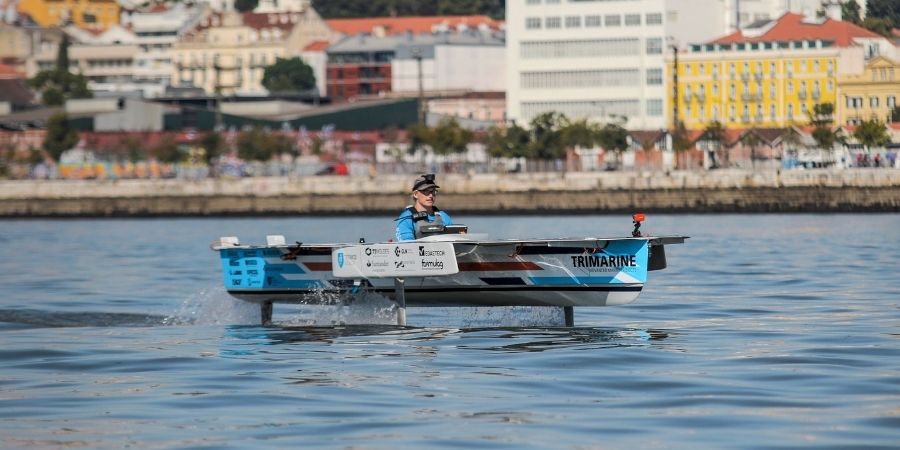Created in 2015 by students of diverse engineering fields from Instituto Superior Técnico, Técnico Solar Boat (TSB) was founded to bet on electrical mobility and respond to the sustainability problems we encounter nowadays.
This purpose leads to the idea of creating a boat moved exclusively by renewable energies, leaving aside the traditional fossil fuels. This led to the birth of the prototype São Rafael, named after one of the ships from Vasco da Gama’s armada on his first voyage to India in 1497–1499.






